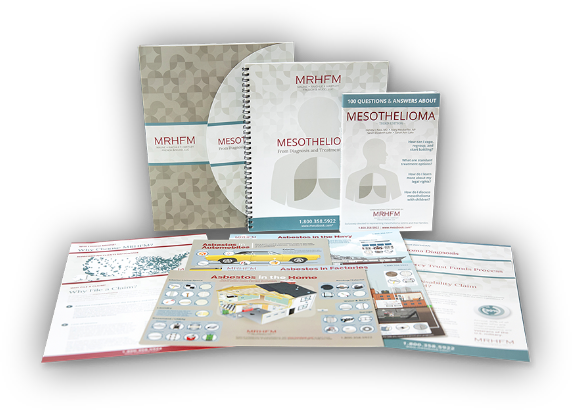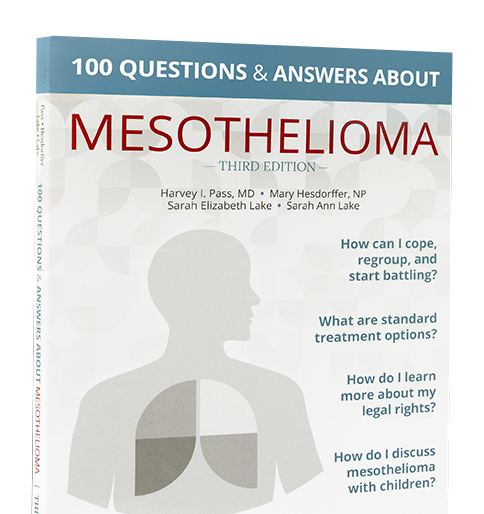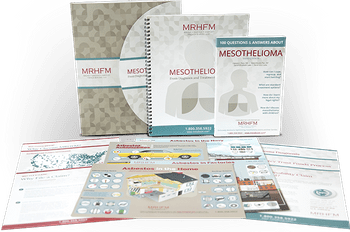Researchers at New York’s Memorial Sloan Kettering Cancer Center (MSKCC) believe that a specific tri-modality approach could increase mesothelioma survival. Led by Dr. Fauzia Shaikh, the research team based its conclusions on an assessment of 209 mesothelioma patients who underwent lung-sparing pleurectomy/decortication (P/D) and adjuvant radiotherapy (RT) for malignant pleural mesothelioma (MPM) between 1974 and 2015.
Around 80% of the patients assessed were male, with a median age of 64. Of the 209 patients 131 received adjuvant conventional RT (CONV) and 78 received hemithoracic intensity-modulated pleural RT (IMPRINT). With IMPRINT, radiotherapy is confined to just one side of the chest (hemithoracic), which makes it more precise. IMPRINT is also dose-adjustable. This means it can be directed to target the tumor and cancer cells. This helps avoid damaging healthy tissue. Conventional radiotherapy is designed to damage the DNA of cancer cells to make replication impossible. However, this type of therapy can damage normal cells, resulting in significant damage to healthy tissue.
Dr. Shaikh and his team used the Kaplan-Meier method and Cox proportional hazards model to calculate OS in both groups. Results showed patients receiving IMPRINT had significantly higher rates of the epithelial histological type, advanced pathological stage, and chemotherapy treatment. OS was significantly higher after IMPRINT (median 20.2 versus 12.3 months).
Higher Karnofsky performance score (the standard way of measuring the ability of cancer patients to perform ordinary tasks); having the epithelioid type of mesothelioma, complete removal of the tumor, and use of chemotherapy/IMPRINT were found to be significant factors for longer OS in multivariate analysis. No significant predictive factors were identified for local failure or progression.
In conclusion, the research stated that trimodality therapy including adjuvant hemithoracic IMPRINT, chemotherapy, and the lung-sparing therapy P/D is associated with improved outcomes such as higher OS and lower rates of severe toxicity compared with P/D and CONV alone.
Sources
"Malignant Mesothelioma." American Cancer Society. American Cancer Society, Inc., 2017. Web. 14 June 2017.
"NCI Dictionary of Cancer Terms." National Cancer Institute (NCI), National Institutes of Health (NIH). U.S. Department of Health and Human Services (DHHS), n.d. Web. 14 June 2017.
Shaikh, Fauzia, MD, Marjorie G. Zauderer, MD, and Abraham J. Wu, MD. "Improved Outcomes with Modern Lung-Sparing Trimodality Therapy in Patients with Malignant Pleural Mesothelioma." Journal of Thoracic Oncology 12.6 (2017): 993-1000. Elsevier Inc. Web. 14 June 2017.






